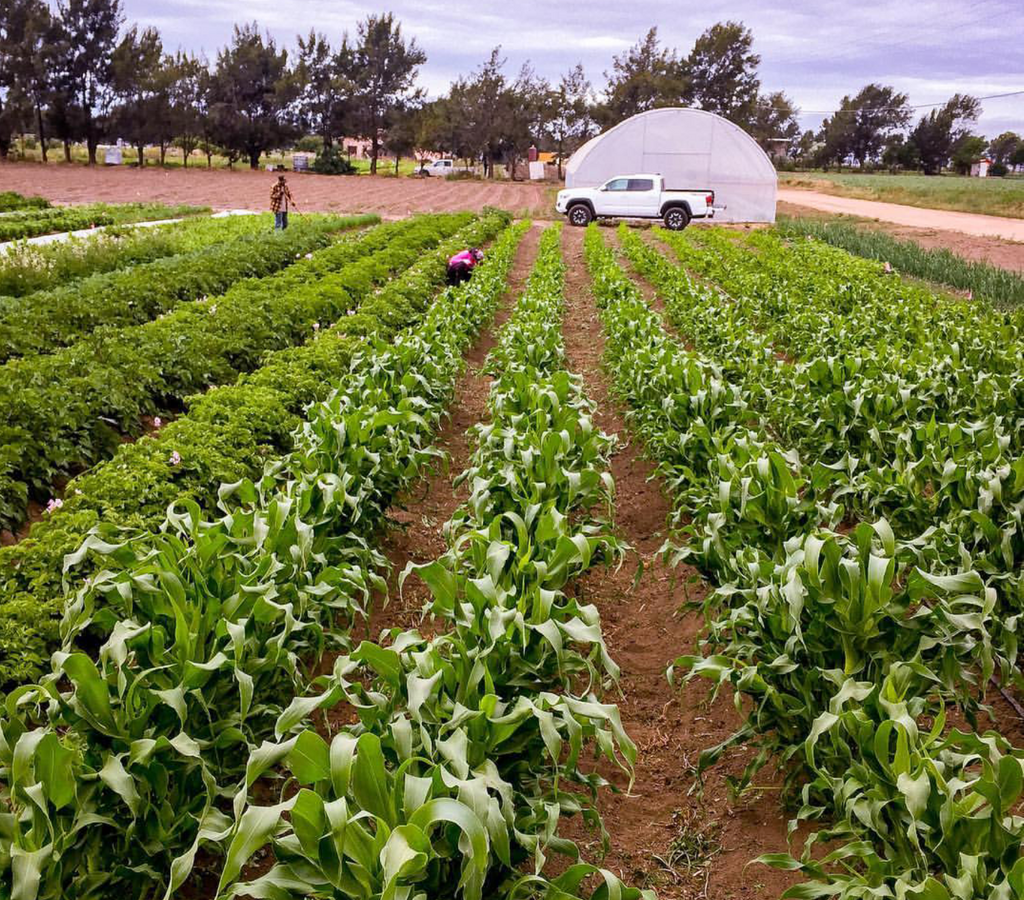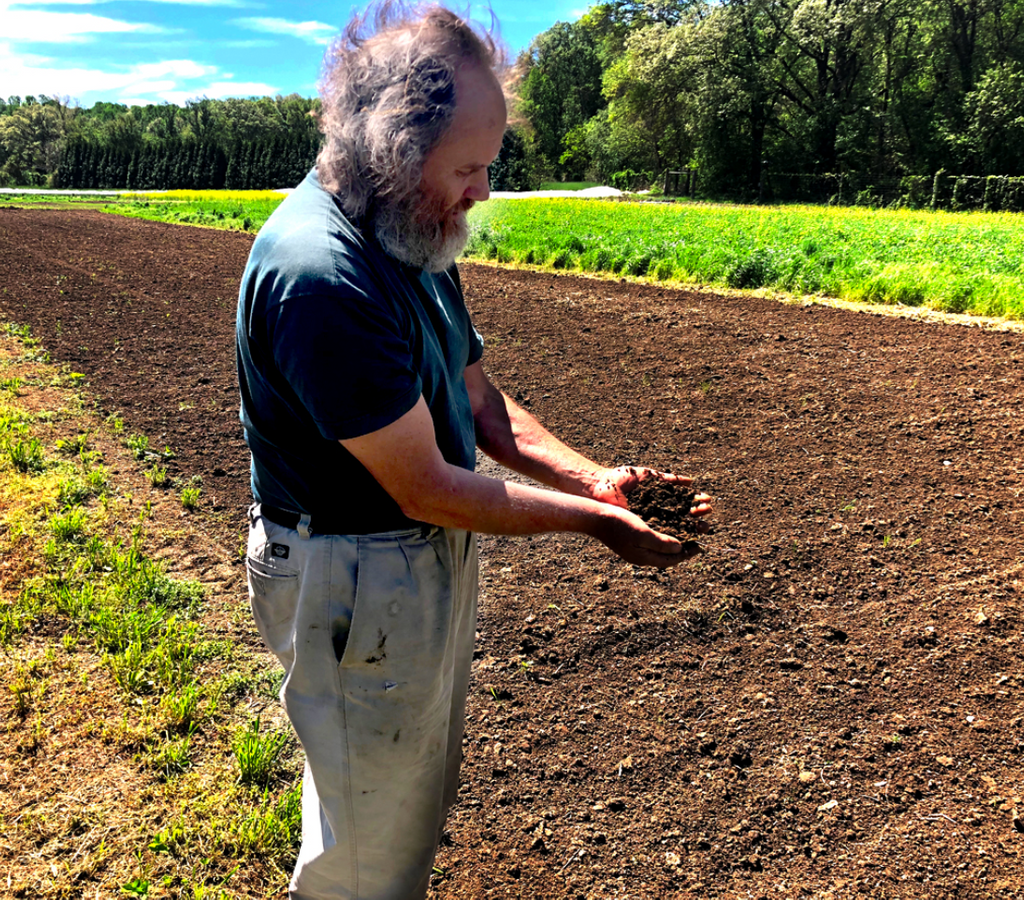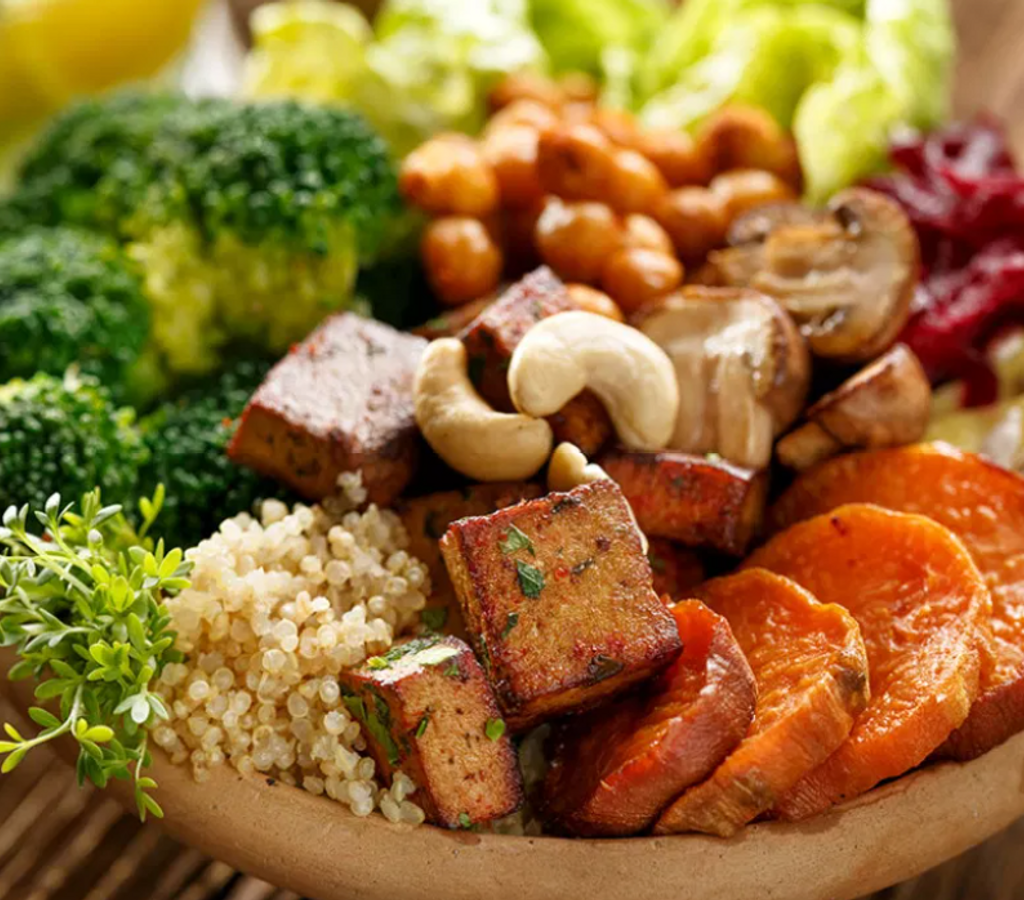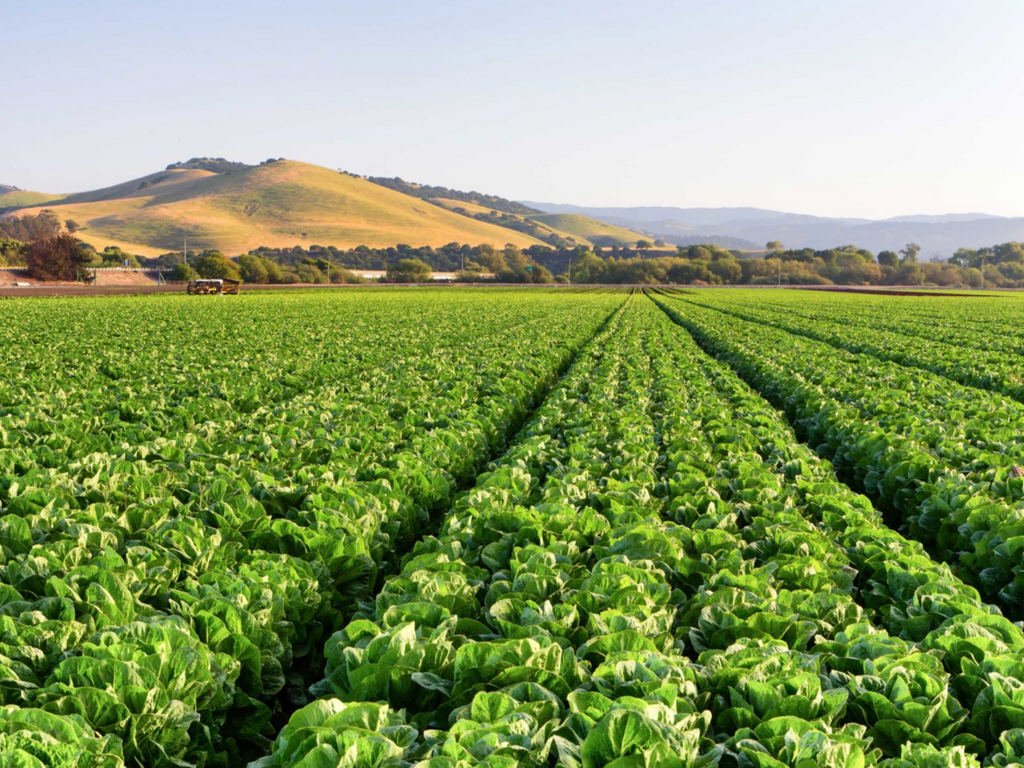5 Mins Read
With growing climate concerns, there is a constant need to change the way land is used for farming and other agricultural practices. Veganic farming, a mostly unknown yet vital new way of stewarding the Earth’s lands, can help preserve the environment, regenerate soil fertility, and replenish the biodiversity around it, which helps tackle greenhouse gas emissions and financially empower farmers across the globe. But what exactly is vegan farming?
Veganic farming also called ‘vegan organic’ and plant-based farming, is the organic cultivation and production of food crops that have minimal or zero amount of harm to animals and respect the interests of the environment as well as human health. This type of farming avoids the use of chemicals, pesticides, or fertilizers that are made using confined animals, in contrast with organic farming, which allows for animal-based fertilizers including things like bones and fish meal.
At the heart of veganic farming lies the idea that by feeding the living soil, microorganisms will be born which will then nourish the plants and prolong their longevity.
“Veganic farming is a way of sustaining ourselves without contributing to the death of other creatures. It is about nonviolence to the earth, animals, birds, insects, amphibians, and ourselves.”
Helen Atthowe, Veganic farmer and Horticulture Research Assistant for Oregon State University

Veganic farming is not a new concept. Farming without animals being domesticated can be traced back to Mesoamerica and Mexican indigenous agriculture like the Milpa system. This farming system was based on corn, beans, and squash, eventually feeding most of the world’s population at that time.
Most people today are not aware of veganic farming and how it can be an efficient and sustainable form of producing food. One of the challenges to growing the movement is that the system requires a fair amount of upfront knowledge, and to execute it the right way, farmers need regular support and guidance.
To raise awareness and help standardise the system, certification programs have been developed, such as the accredited biocyclical vegan standard, which conducts research projects that focus on humus (a type of organic matter found in topsoil that enriches it) accumulation and how the fertility of the soil can be increased sustainably.
What is veganic farming?
Helen Atthowe, a veganic farmer and horticulture research Assistant for Oregon State University told Paste Magzine that “veganic farming is a way of sustaining ourselves without contributing to the death of other creatures. It is about non-violence to the earth, animals, birds, insects, amphibians, and ourselves.”
Soil regeneration lies at the core of veganic farming. This method employs plant-based methods and solutions such as mulch, vegetable compost, green manure, and crop rotation, whilst also making use of composted organic matter like grass clippings, seaweed and nettles.

Veganic farming also uses polyculture techniques, employing diverse plants in the same space to coexist and work with each other rather than executing the monoculture techniques. Most of this farming does not use till practices. Instead it is done through companion planting, which helps to maintain the insect balance. thus avoiding the need for pesticides completely.
Veganic farming can also be a financial boon for developing countries as it enables local farms to use methods that will set up a closed-loop economy ensuring a continued increase in soil fertility. This sustainable and long term security of yields obtained entirely from plant-based sources helps eliminate the dependency of the farmers on industrial fertilizer and pesticide manufacturers.
“Unlike organic farming, veganic farming does not use animal manure, animal bodies, or animal parts. (such as fertilizers made from bone meal, blood meal, feather meal or liquefied fish bodies).”
Helen Atthowe
Why switch to veganic farming?
Currently, organic farmers are allowed to use animal products like blood meal and bone meal that are made in slaughterhouses where animals are confined, exposing them to several contaminants. The animal waste obtained from these factories emanate huge amounts of greenhouse gases responsible for around 14.5% of the world’s greenhouse gas emissions.
To support these findings, an independent study by Oxford University surveyed almost 40,000 farms in 119 countries, representing approximately 90% of everything we eat. The study found that in countries with high meat consumption, shifting to diets that are plant-based and exclude animal products would reduce these greenhouse gas emissions by up to 73%. By eliminating animal products from our diet, we can push for governments around the world to encourage farmers to switch to plant-based farming.

Apart from these increasing emissions, the continued use of industrial farming gives way for chemical compounds from pesticides to enter our soil and water systems, wreaking havoc in the terrestrial and aquatic ecosystems. Furthermore, crops can be contaminated by pathogens surviving in manure, ultimately transmitting bacteria to consumers.
Further, feather meal from chickens that have been given arsenical drugs can lead to arsenic exposure in farmers, gardeners, as well us, the end consumers. Industrial farming accounts for billions of land animals raised and slaughtered for food globally every year. Farmers and ranchers in this industry face dangerous and stressful working conditions every day, in exchange for extremely low wages.
To battle these exploitations at various levels, veganic farming works to eliminate the link between these operations and the production of organic plant-foods by preserving the fertility only through plant-based methods.
Veganic farming critics say that is too limiting, too inefficient and suggest that converts are unrealistic. But most of these critics have a status quo agenda. As we usher in an era of cruelty-free living, adopting veganic farming as our central agricultural philosophy is the way forward- not only is it a much more sustainable way to farm, the system and its techniques will help restore plant and wildlife biodiversity, as well as take care of the farmers and the global ecosystem that surrounds and supports all of us.
Lead image: Veganic Farming, courtesy of choosecompassion.net




